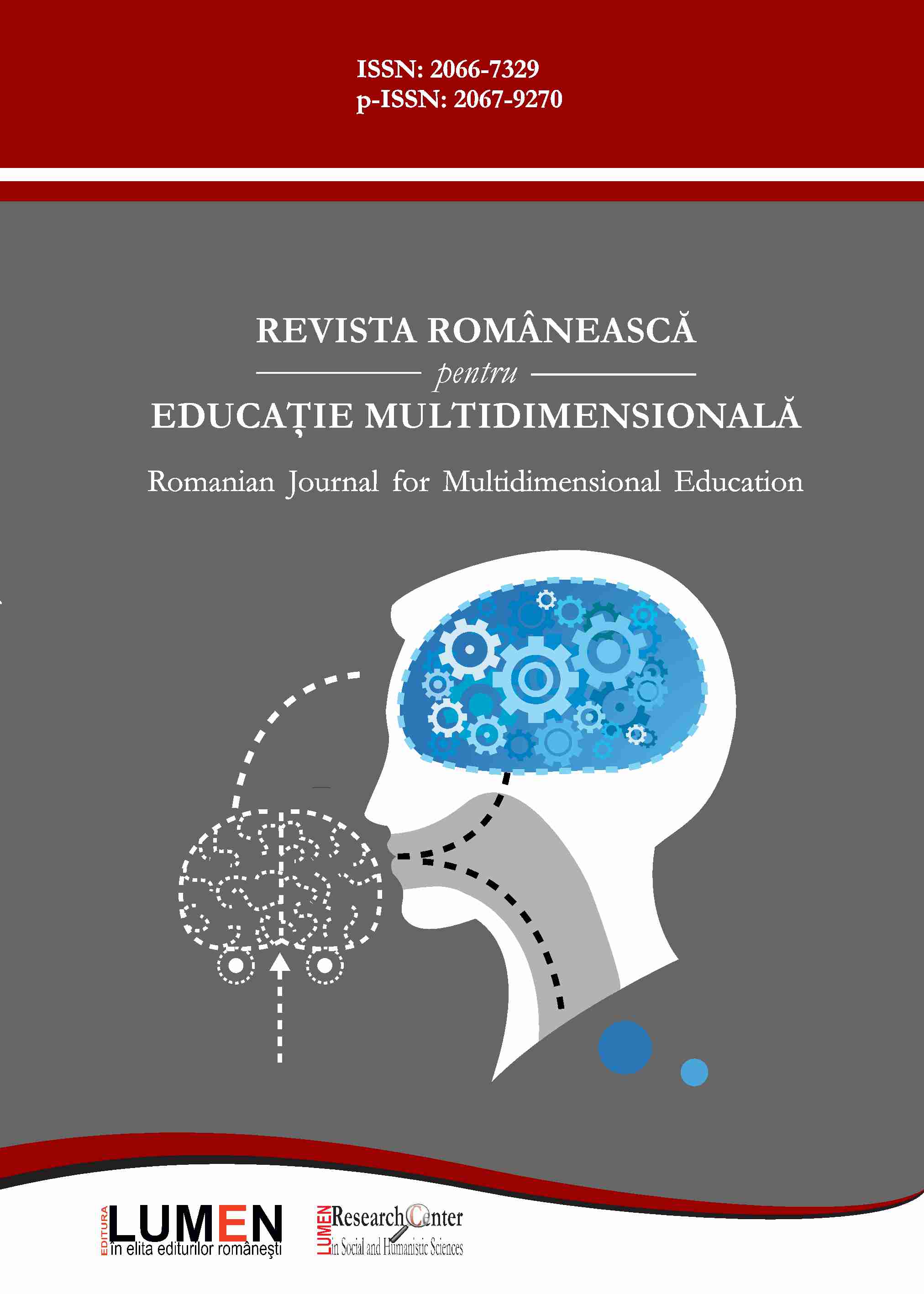Perceptions and Attitudes of Teaching Staff in Relation to Discriminatory Practices in Romanian Schools
Perceptions and Attitudes of Teaching Staff in Relation to Discriminatory Practices in Romanian Schools
Author(s): Laura Monica Gorghiu, Ana Maria Aurelia Petrescu, Gabriel Gorghiu, Roxana Constanța EnacheSubject(s): Education, Psychology
Published by: Editura Lumen, Asociatia Lumen
Keywords: discrimination; equal opportunities; interculturality; teachers perceptions and attitudes
Summary/Abstract: In the light of extremely complex issues of the contemporary Romanian society, more and more social actors consider intercultural education to be an essential part of the actual education. As a whole, the Romanian society has gradually become, over the past few decades, increasingly aware of its own cultural diversity. Consequently, there are more people who consider that diversity is not a fatality, a curse of history, but an opportunity, a resource which should be used appropriately. Intercultural education is vital, firstly for the stability of the society and its increased chances to develop durably, as it teaches us how to cohabit, and secondly, because it promotes equality, respect and openness towards communicating with “others”.As a subsystem of society, school takes over and duplicates the socially validated practices which relate inclusively to the issues of interculturalism, and implicitly the issue of discrimination based on criteria represented by gender, ethnicity, religion, level of development, social, cultural and economic status etc. Numerous actors such as P. Bourdieu, J. C. Passeron, B. Bernstein considered that the education establishments play the role of cultural reproducers, namely they serve as action instruments in putting the requirements of society into practice. Although there are education policies which obviously promote a series of principles on equal chances, irrespective of social origins, gender, age, ethnicity, religion etc., in reality, education faces up, even nowadays, a series of segregationist and discriminatory practices. This may be - on the one hand - the effect of society’s general mentality that being different than the average of the population implicitly means negative labelling of the minority, and - on the other hand - it is about the inefficiency of the education system, especially schools, in connection with educating population, in the spirit of promoting the values of diversity and interculturalism, fighting discriminatory practices and attitudes.The paper aims to retrieve the primary and secondary teachers’ opinions concerning the forms of discrimination which are present in schools and classes, but also their attitudes related to such discriminatory practices and the proposed solutions for fighting and diminishing those undesirable behaviors.In addition, we intend to use this micro-research in order to determine teachers to adopt a reflective attitude concerning such sensitive issues of discriminatory practices existing in Romanian schools, by using syntagma like: “I am aware of how my comments or actions may impact different typologies of students”, “I manage to cope with biased or discriminatory tendencies on assessing students”, “I usually bring to my students’ attention that their comments are pejorative, unfavorable in terms of race, ethnicity, culture”, “I take responsibility in facilitating integration of students of other cultures, ethnicities, races, genders” etc.All those endeavors will result on identifying some examples of good education practices on fighting and preventing discrimination of any type in Romanian schools.
Journal: Revista Românească pentru Educaţie Multidimensională
- Issue Year: X/2018
- Issue No: 4
- Page Range: 156-165
- Page Count: 9
- Language: English

